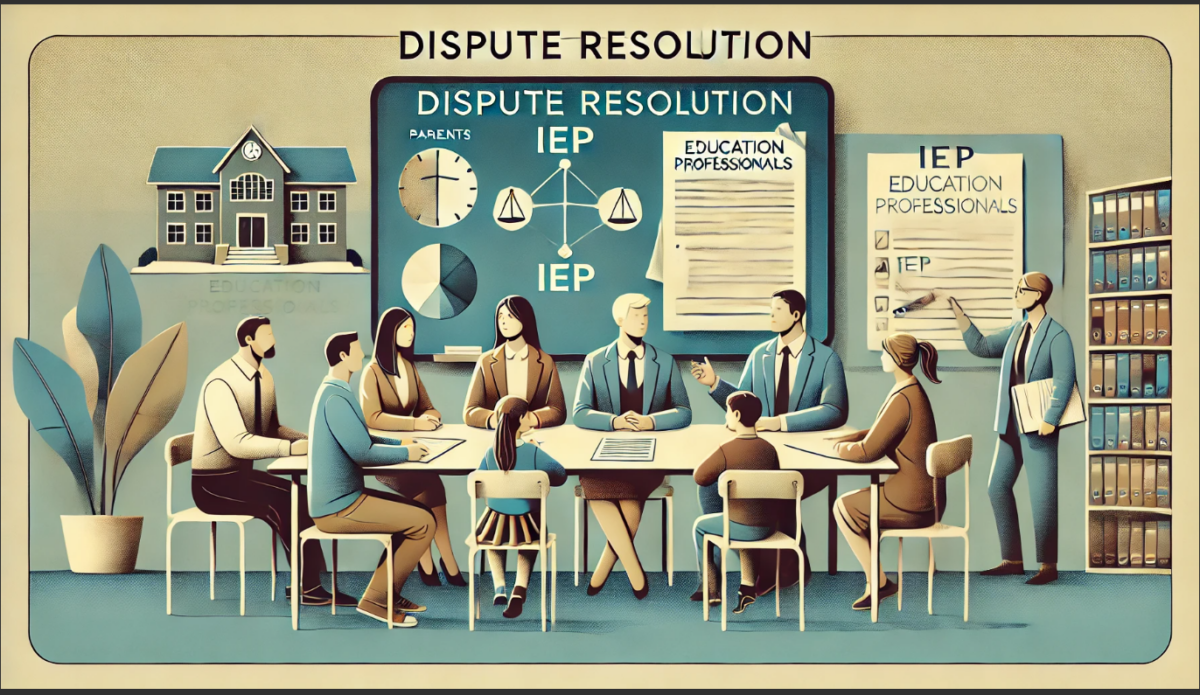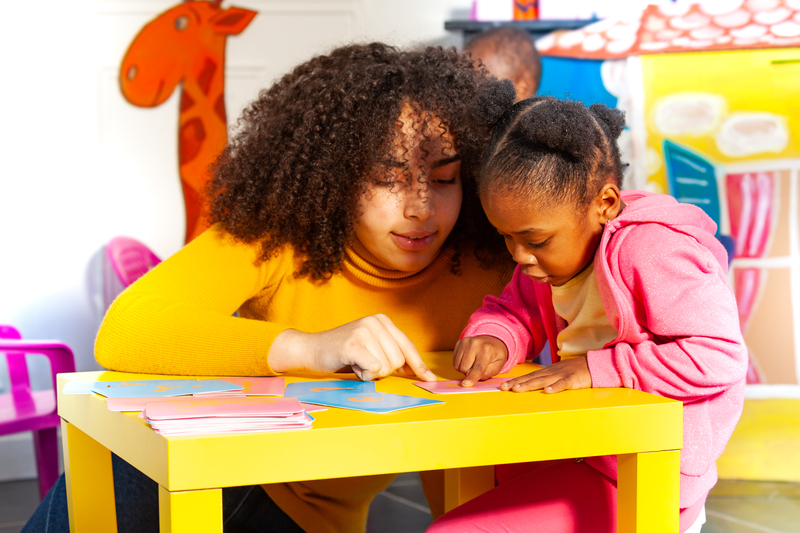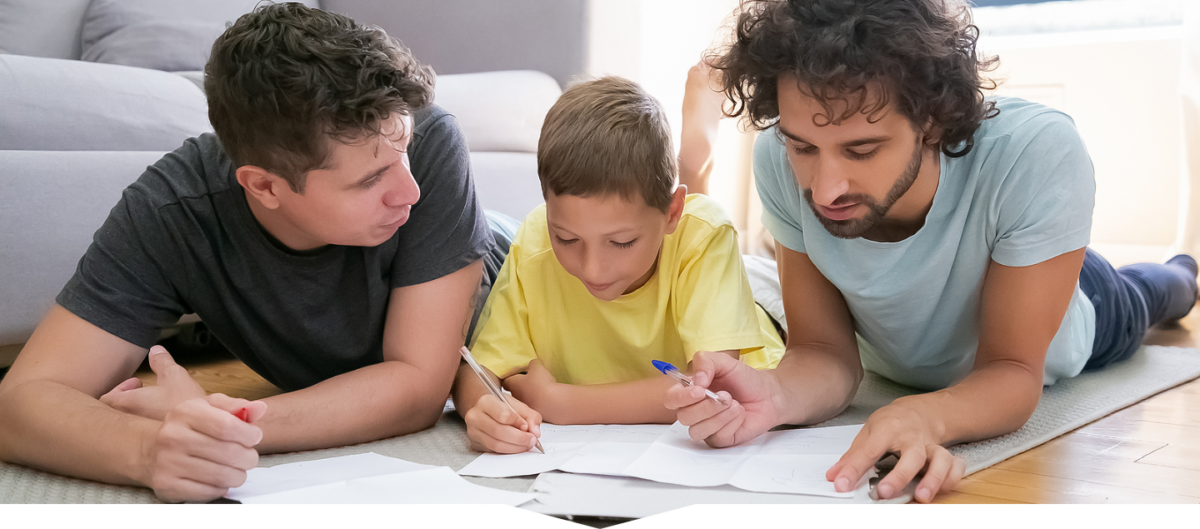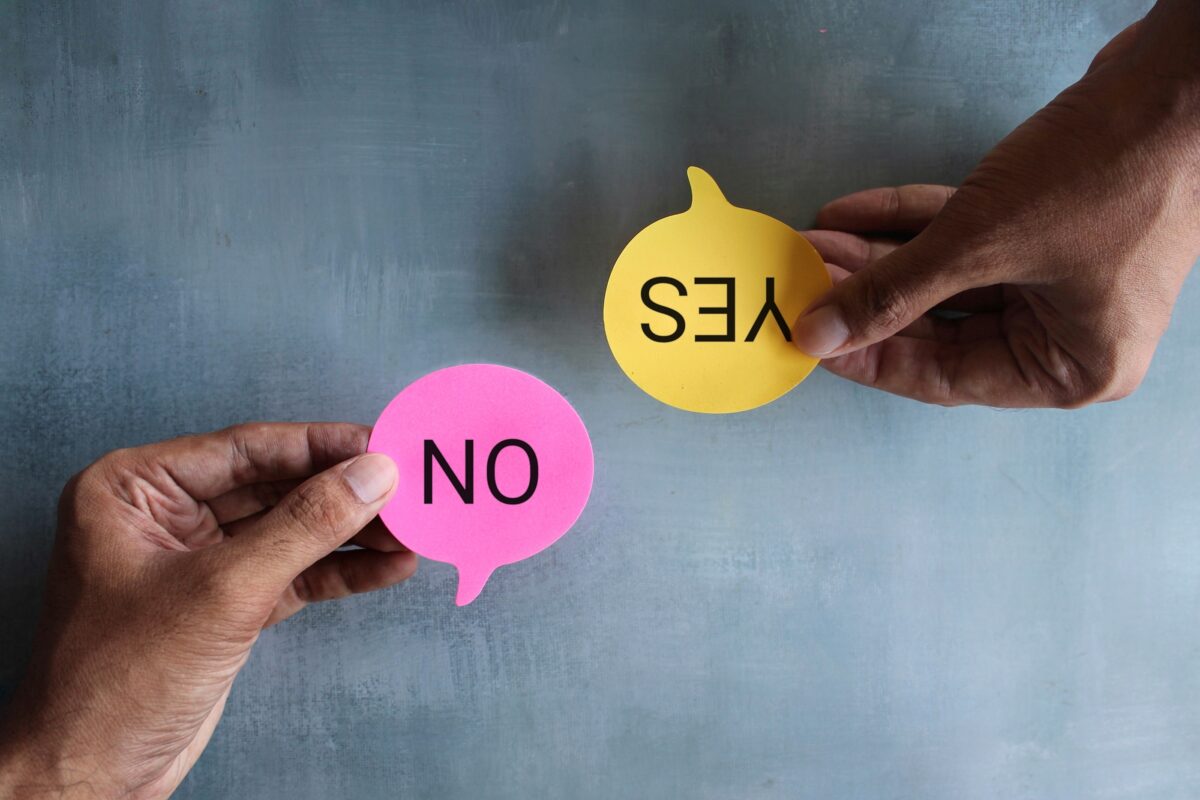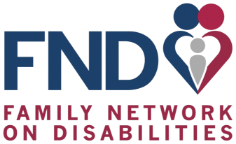In this presentation, you will learn about different forms of communication to help you effectively advocate for your loved one. This includes: What are the different forms of communication? What’s the difference between active and passive listening? How does collaborative communication help me? How do I incorporate this information when meeting with teams to understand and effectively advocate for necessary services for my loved one?



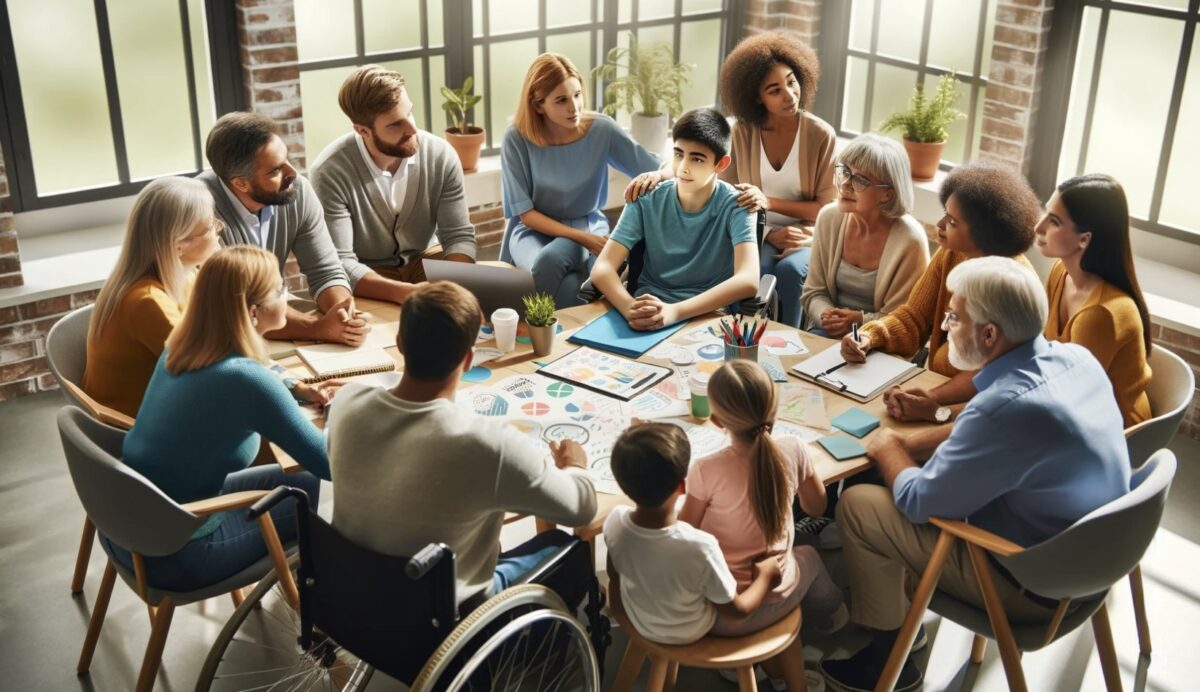
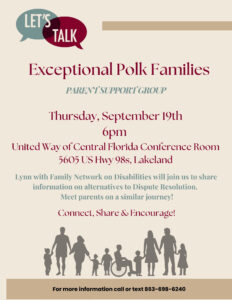 Lynn with Family Network on Disabilities will join us to share information on alternatives to Dispute Resolution. Meet parents on a similar journey!
Lynn with Family Network on Disabilities will join us to share information on alternatives to Dispute Resolution. Meet parents on a similar journey!